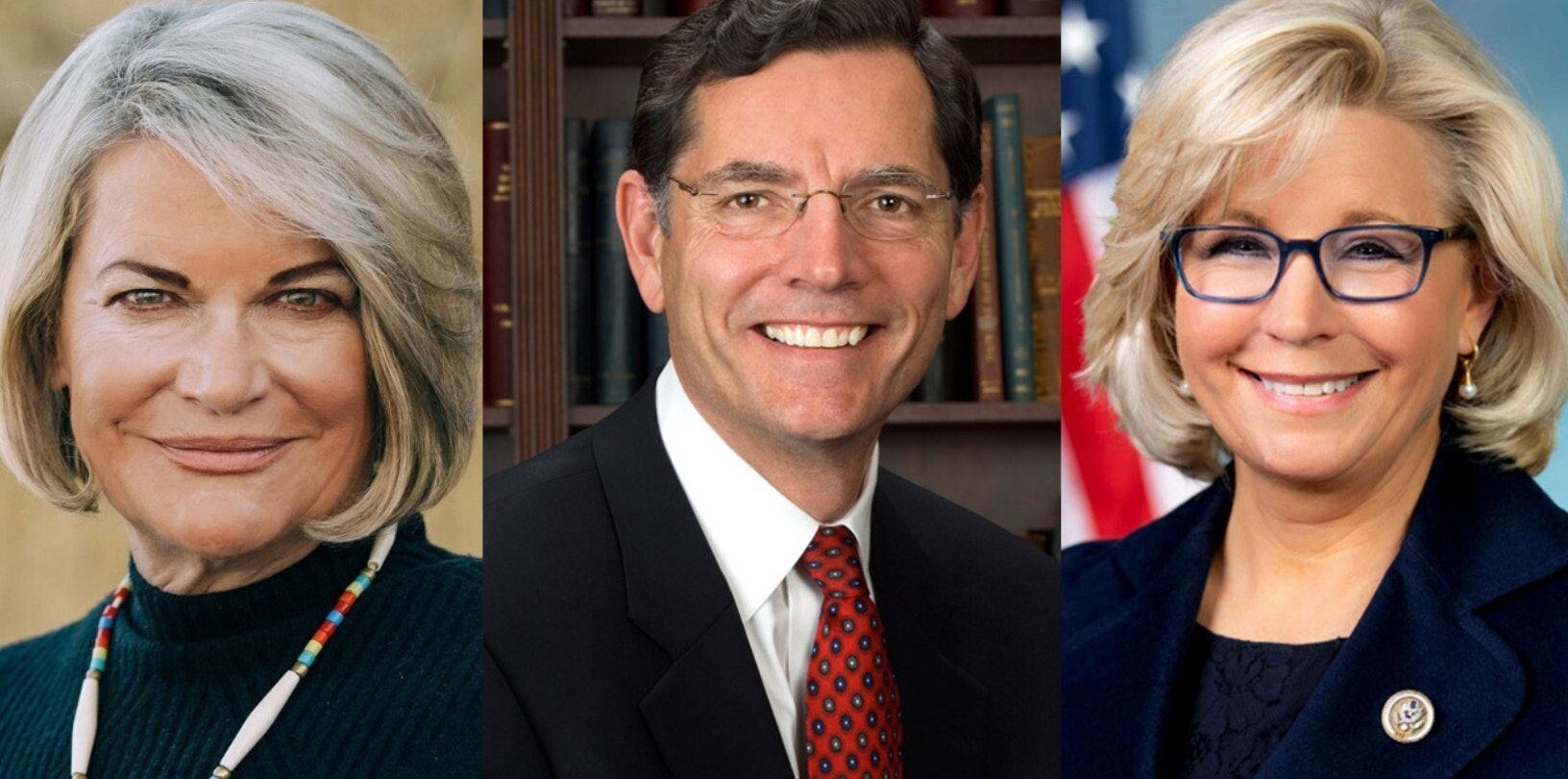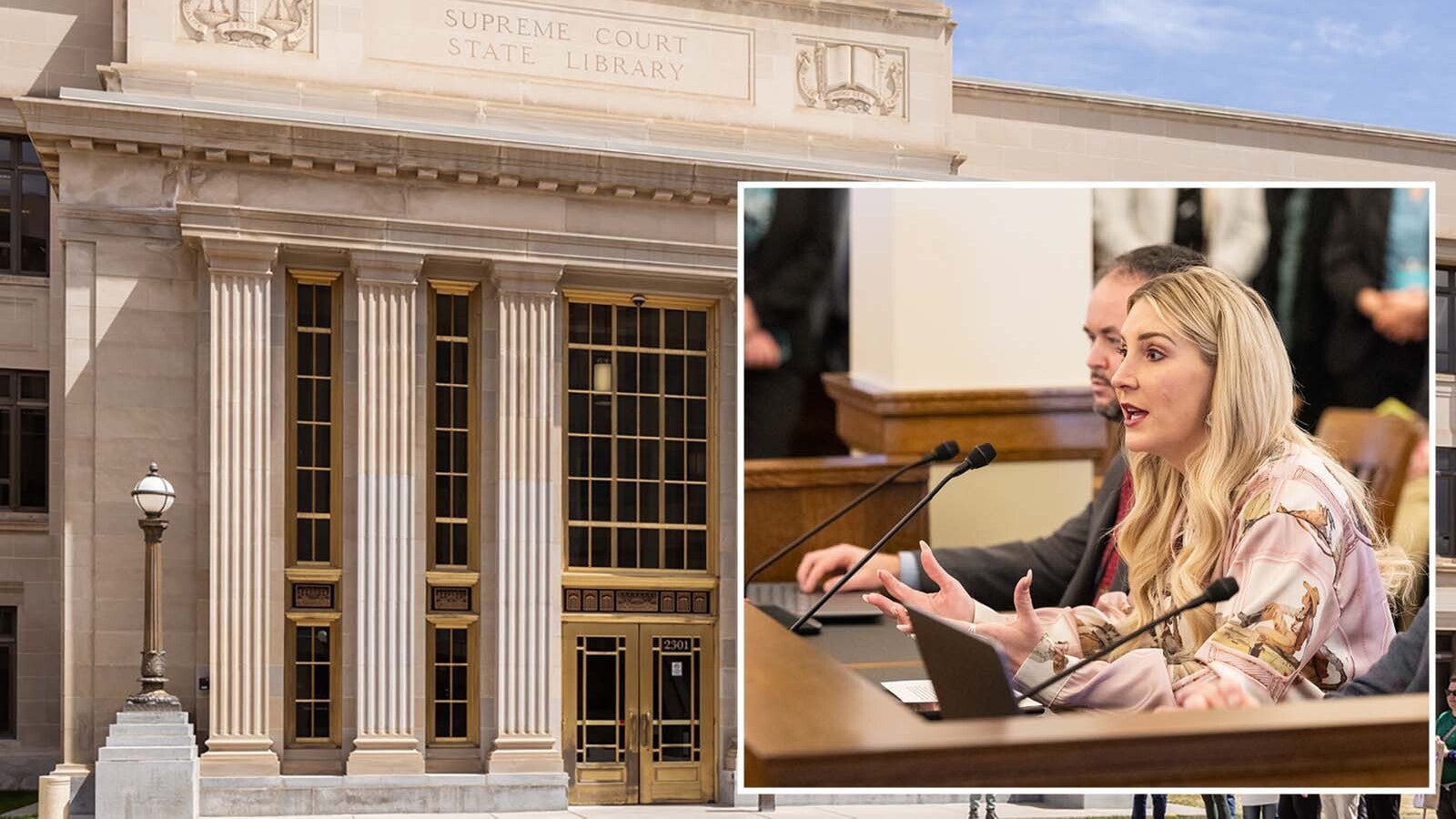A congressional measure critical of “critical race theory” has won the support of U.S. Sen. Cynthia Lummis.
Earlier this week, Lummis backed a bill that would prohibit federal funding from being used to teach the New York Times’ 1619 Project (named after the year Black slaves were first brought to the American colonies) and critical race theory in schools.
Arkansas Sen. Tom Cotton introduced the act last July, but reintroduced this week, with support from Lummis, Republican Leader Mitch McConnell and fellow Arkansas Sen. John Boozman, to name a few.
“Students and teachers should have an open and honest dialogue in the classroom about our nation’s history,” Lummis said. “However, the 1619 Project is pushing an anti-American agenda and distorted, revisionist history with hard-earned taxpayer dollars. I’m pleased to join my colleagues in opposing this waste of federal money.”
Lummis is not alone among Wyoming’s congressional delegates in her opposition to critical race theory. U.S. Sen. John Barrasso echoed his colleague’s sentiments in a statement to Cowboy State Daily on Tuesday.
“Students need foundational knowledge about American history and a good understanding of our governing institutions,” he said. “The 1619 Project is the far left’s attempt to force a political and divisive agenda on students across the country.”
In a comment to Cowboy State Daily, U.S. Rep. Liz Cheney said decisions about teaching children should be made by parents and local stakeholders in Wyoming schools, not Washington bureaucrats.
“I strongly oppose the mandated teaching of critical race theory or using taxpayer dollars to advance that curriculum,” she said. “Decisions about teaching and educating our children should not come from Washington bureaucrats or from radical liberals with extreme liberal agendas, but should be made by parents and local stakeholders in Wyoming so we can instill students with the Western values and principles that our state embodies.”
Earlier this year, the U.S. Department of Education proposed priorities for American history and civics education grant programs which include encouraging districts to use curriculum related to the New York Times’ 1619 Project (a journalism project that focuses on the consequences of slavery and contributions of Black Americans), critical race theory and the work of anti-racism activist and author Ibram X. Kendi.
Critical race theory is described as some as proposing that racism is a social construct ingrained in American life and laws.
Last month, Wyoming Superintendent of Public Instruction Jillian Balow spoke out against the teaching of critical race theory in Wyoming schools.
“The draft rule is an attempt to normalize teaching controversial and politically trendy theories about America’s history. History and civics should not be secondary to political whim,” she said. “Instead, history and civics instruction should engage students in objective, non-partisan analyses of historical and current events.
“For good reason, public schools do not promote particular political ideologies or religions over others,” she continued. “This federal rule attempts to break from that practice and use taxpayer dollars to do just that.”
While Balow agreed that America needed to update and renew its expectations for teaching and learning about history and civics, she countered that every school board, state legislature and state superintendent should work to build a local consensus about what should be taught and what materials should be used in classrooms.
“Every family should be engaged in activities that ensure the rising generation is properly prepared to be informed citizens,” Baow said. “Every student deserves a rich and engaging education about America’s triumphs, treacheries, losses, and victories. Our touchstone is our shared principle that all Americans have infinite value and individual freedom and responsibility. We must strive to find common goals and values as a nation, not tear each other and our country apart.”
In late April, Idaho Gov. Brad Little signed a bill that outlawed state teachers to instruct on critical race theory and other “social justice” issues.
In addition to Idaho, Florida, Arkansas and Oklahoma have officially banned the teaching of critical race theory in K-12 schools, but multiple other state legislatures are discussing the same decision, according to Newsweek.





